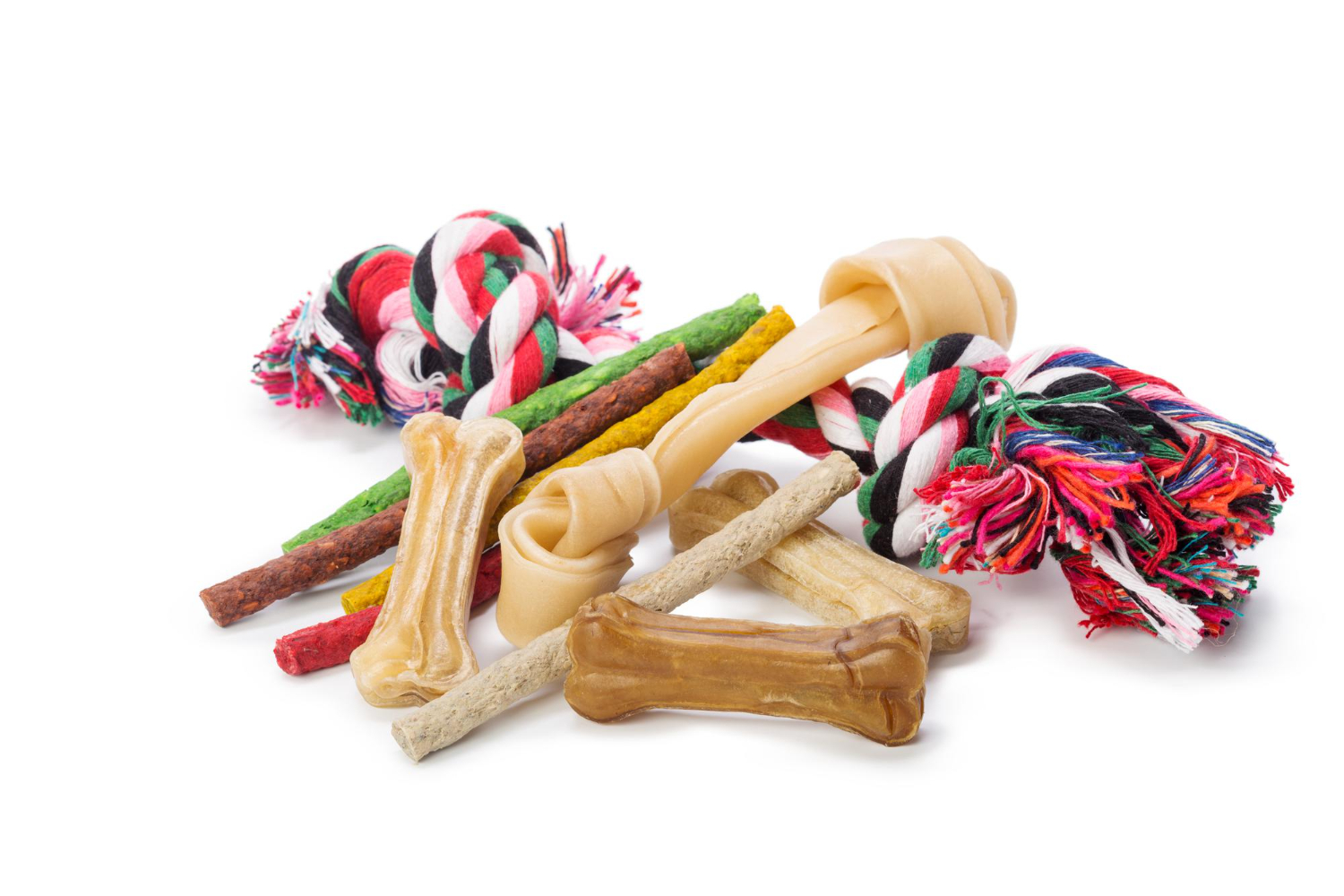What Are Bully Sticks Made Of?

Bully sticks are a safe and natural option for dogs, providing a nutritious treat that is often a favorite among pet parents. These long-lasting treats keep dogs occupied, promote dental health, and help reduce plaque buildup. Unlike rawhide chews, bully sticks are free of artificial additives, making them a safer alternative for dogs with digestive issues. This article will explore what bully sticks are made of, their types, benefits, and how to choose the best one for your canine.
What Are Bully Sticks Made Of?
At their core, bully sticks are derived from a single, natural ingredient: beef muscle. Specifically, they are crafted from the dried, twisted muscle of a bull. While this may sound unconventional, drying and curing the muscle makes it a long-lasting, edible dog treat.
It’s important to note that bully sticks are not made from other animal parts, such as bones or rawhide. They are a single-ingredient treat, free from artificial additives, preservatives, or chemicals, making them popular for pet owners seeking natural and wholesome options for their furry companions.
Types of Bully Sticks
Bully sticks come in various forms to cater to dogs’ diverse needs and preferences. Here are some common types:
- Standard bully sticks: Standard bully sticks are classic, straight bully sticks that most pet owners are familiar with. They come in different sizes, from thin to thick, to accommodate dogs of varying breeds and chewing abilities.
- Braided bully sticks: As the name suggests, these bully sticks are braided, creating a more intricate and visually appealing treat. They often last longer than standard bully sticks due to their increased density.
- Bully rings: These treats are perfect for dogs who prefer to chew in a more compact and manageable shape.
- Bully nuggets: Bully nuggets are an easy-to-consume option for smaller breeds or dogs who prefer bite-sized treats.
- Bully spirals: These spiral-shaped bully sticks add an extra layer of mental stimulation.
Are Bully Sticks Safe For Dogs?
Bully sticks are generally considered safe for dogs when sourced from reputable manufacturers and given in moderation. However, caution and supervision are important when introducing any new treat to your furry friend.
- Choking hazard: Like any chew treat, bully sticks can pose a choking risk if ingested in large pieces. So, keep your eye on your dog during chewing sessions and remove small, swallowable pieces.
- Digestibility: Bully sticks are highly digestible for most dogs, but some may experience gastrointestinal upset if consumed in excess. Thus, introduce them in appropriate portions based on your dog’s size and dietary needs.
- Allergies: Some dogs may have allergic reactions to beef products, including bully sticks. If you notice any adverse reactions, such as vomiting, diarrhea, or skin irritation, discontinue use and consult with your veterinarian.
Benefits of Bully Sticks for Dogs
Bully sticks are not just a portion of food for your canine, but they serve as a part of their mental and physical hygiene:
- Dental health: Chewing on bully sticks can help remove plaque and tartar buildup, promoting better dental hygiene and fresher breath.
- Mental stimulation: Chewing is a natural behavior for dogs, and bully sticks provide a safe and engaging outlet for this instinct, which helps them to alleviate boredom and anxiety.
- Digestible and nutritious: Bully sticks are highly digestible and provide a source of protein and other essential nutrients for your dog’s diet.
- Low in calories: Bully sticks are a low-calorie treat, which makes them a suitable option for dogs on weight management diets or those prone to overeating.
Choosing the Right Bully Sticks for Your Dog
Here are some factors to consider when choosing the appropriate type and size of bully sticks for your furry friend:
- Dog breed and size: Larger breeds generally require thicker and more substantial bully sticks, while smaller breeds may fare better with thinner or bite-sized options.
- Chewing habits: If your dog is aggressive, braided or thicker bully sticks may be more suitable, as they tend to last longer. For more moderate chewers, standard or thinner sticks may suffice.
- Dental health: Dogs with dental issues or sensitive gums may benefit from softer or more pliable bully stick options, such as bully rings or nuggets.



